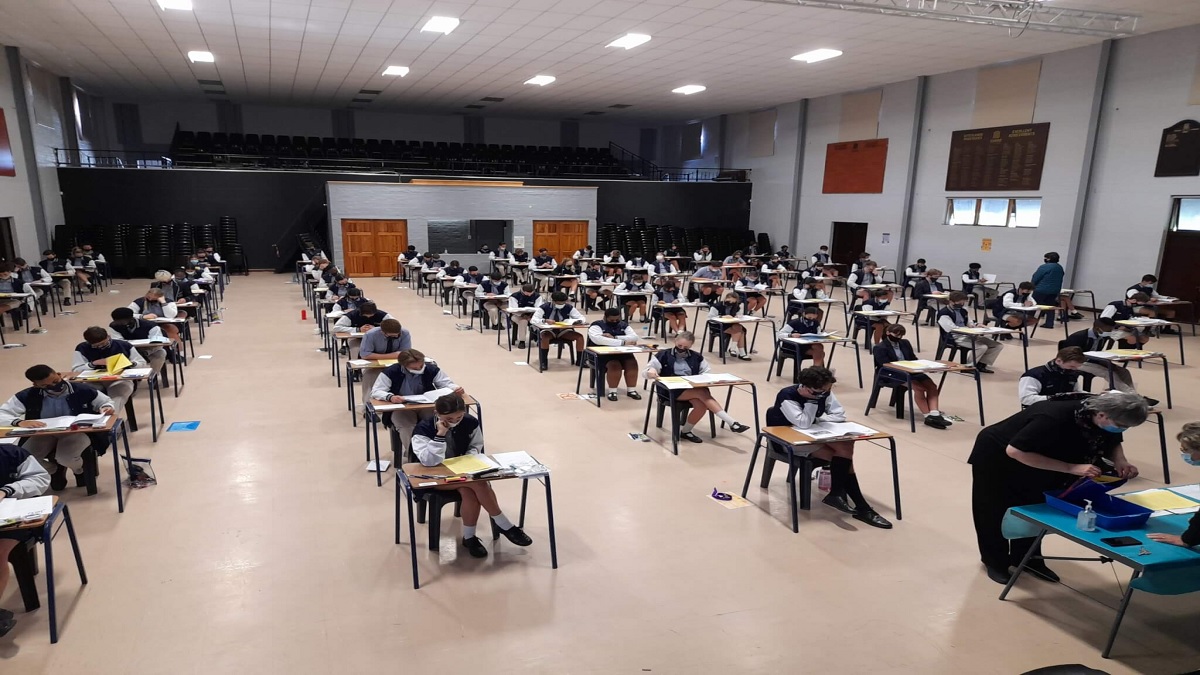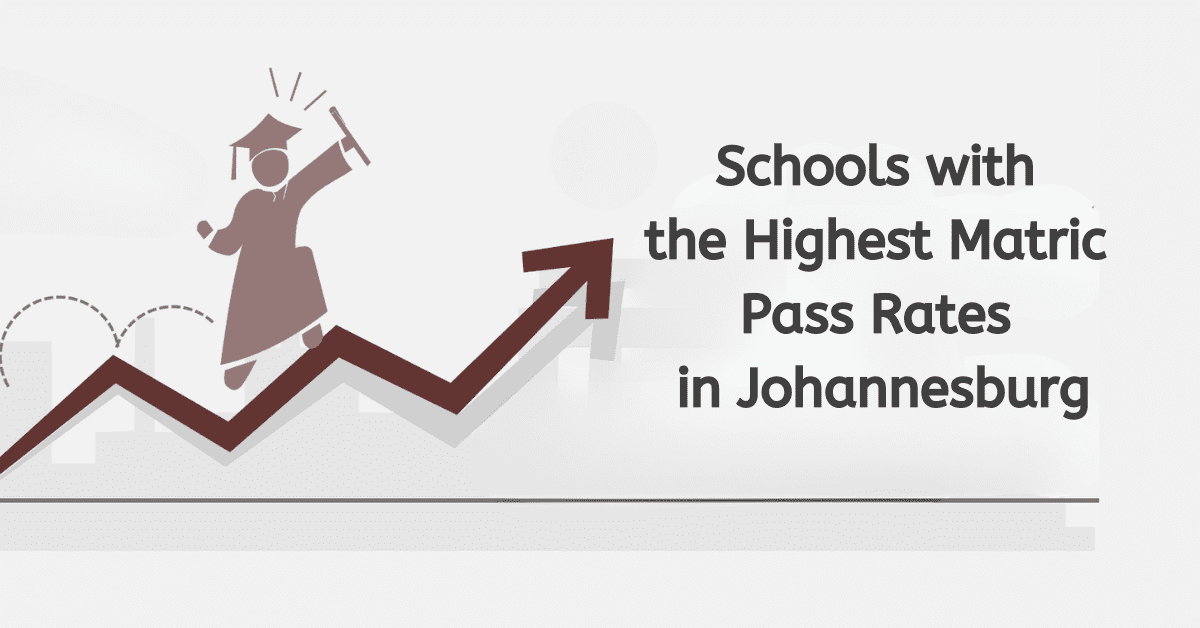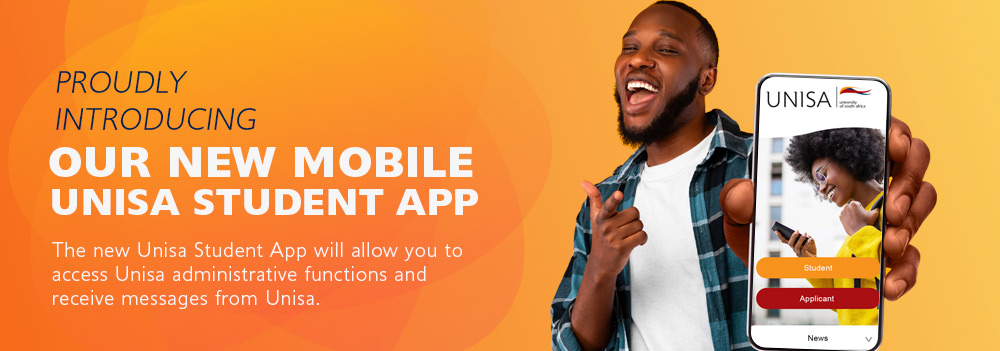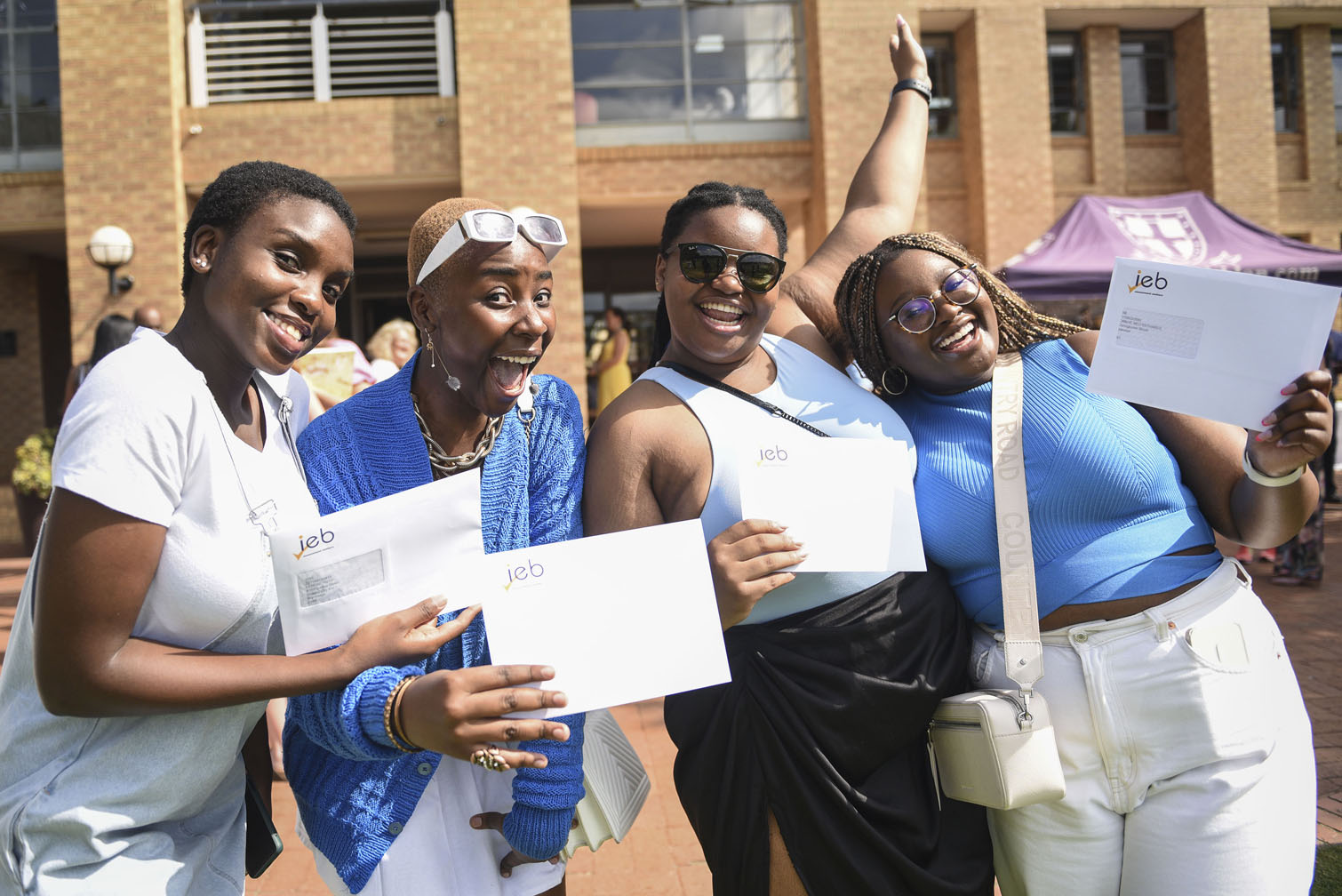Teacher supply and demand by 2030: Securing SA’s future

Sunday, December 17, 2023
Teacher supply : As South Africa celebrates Teachers’ Month, it’s an opportune time to reflect on the critical role teachers play in shaping the nation’s future. While the public sector has made significant strides in addressing teacher shortages, it’s essential to delve into the impact of programs like the Funza Lushaka Bursary Programme on the teaching profession.
Contents
The Significance of Teachers in South Africa
Teachers are the backbone of any education system, influencing and shaping young minds, and contributing to the development of a nation. South Africa, recognizing the importance of its educators, has implemented various initiatives to enhance the teaching profession.
ALSO READ Unlocking Educational Opportunities: The Story of Funza Lushaka Bursary
Funza Lushaka Bursary Programme: A Driving Force
Since its establishment, the Funza Lushaka Bursary Programme has played a pivotal role in training and integrating new teachers into the education system. Dating back to 2007, this program has successfully contributed to the development of well-trained teaching professionals.
From 2007 to the latest available data in 2023, an impressive 52,099 teachers have completed their training through the Funza Lushaka Bursary Programme. This accomplishment underscores the program’s success in supporting educators and revitalizing the country’s education sector with skilled professionals.
ALSO READ Funza Lushaka Bursary Application: A Step-by-Step Guide for 2024
Teacher Placement: A Decade in Review
Beyond training, the effectiveness of the Funza Lushaka program is evident in the successful placement of these trained educators within South Africa’s education system. Examining placement rates across Provincial Education Departments (PEDs) from 2013 to August 2023 provides valuable insights.
Eastern Cape:
- Trained teachers: 6,608
- Successfully placed: 4,869
- Placement rate: 74%
Free State:
- Trained teachers: 3,092
- Successfully placed: 2,752
- Placement rate: 89%
Gauteng:
- Trained teachers: 9,423
- Successfully placed: 8,002
- Placement rate: 85%
KwaZulu-Natal:
- Trained teachers: 9,012
- Successfully placed: 6,908
- Placement rate: 77%
Limpopo:
- Trained teachers: 4,623
- Successfully placed: 4,347
- Placement rate: 94%
Mpumalanga:
- Trained teachers: 4,006
- Successfully placed: 3,161
- Placement rate: 79%
North West:
- Trained teachers: 2,543
- Successfully placed: 2,436
- Placement rate: 96%
Northern Cape:
- Trained teachers: 1,166
- Successfully placed: 1,115
- Placement rate: 96%
Western Cape:
- Trained teachers: 6,867
- Successfully placed: 5,127
- Placement rate: 75%
Over the decade, out of 47,340 Funza Lushaka graduates, 38,717 have found placement in schools, resulting in an overall placement rate of 82%. This achievement is commendable, yet the data also emphasizes the need to address the 8,623 educators still awaiting placement.
Financial Commitment to Education
The magnitude of the Funza Lushaka Bursary Programme is reflected in the substantial financial commitment it entails. Between 2007 and 2022, the cumulative financial outlay for the program, distributed across participating Higher Education Institutions (HEIs), reached an astounding R13,115,645,580.95.
ALSO READ Pitso Mosimane Open to Kaizer Chiefs Role: A Bold Statement Unveiled
While this financial commitment is substantial, it’s crucial to perceive it as an investment in the future of South Africa’s basic education system. The figures signify the dedication to nurturing a pool of well-prepared educators who will contribute significantly to the nation’s development.
Investing in Future Educators
In 2023 alone, the program has funded 10,864 students across all HEIs, amounting to an expenditure of R1,164,539,332.47. This substantial investment underscores the commitment to cultivating teaching professionals who will play a vital role in shaping the next generation.
ALSO READ Coca-Cola Invites You to Join Its Global Team: Recruitment 2024
Behind each bursary lies an aspiring educator, representing a beacon of hope equipped to inspire the nation’s youth. This investment symbolizes belief in the transformative power of education and those entrusted with delivering it.
Addressing Teacher Supply and Demand by 2030
Research indicates two crucial factors influencing teacher supply and demand by 2030: the ageing teaching workforce and a surge in learner numbers due to population growth. To maintain the current learner-educator ratio (LER) of 29.8:1, South Africa would require approximately 428,000 educators by 2030, compared to the current 405,000.
However, the challenge lies in funding, a significant factor in recruiting and retaining educators. Despite an annual surplus of around 31,000 fresh teacher graduates, only 18,000 to 20,000 are absorbed into the public sector, leaving a substantial reservoir.
ALSO READ Headline: MTN Announces December 2023 Recruitment: Explore Open Jobs and Application Process
The emphasis now shifts to quality over quantity, aligning with the evolving curriculum and the Three Streams Model. The Funza Lushaka Bursary Scheme may need adjustments to prioritize the changing curricular needs and ensure the quality and specialization of training.
In conclusion, the Funza Lushaka Bursary Programme stands as a beacon of success, contributing significantly to addressing teacher shortages, training educators, and preparing them for effective integration into South Africa’s education system. While challenges persist, the program’s achievements, both in numbers and financial commitment, portray a promising future for the teaching profession in South Africa. As the nation continues to invest in education, it paves the way for a brighter tomorrow, led by a competent and dedicated teaching force.
*Angie Motshekga is the Basic Education Minister in South Africa.




